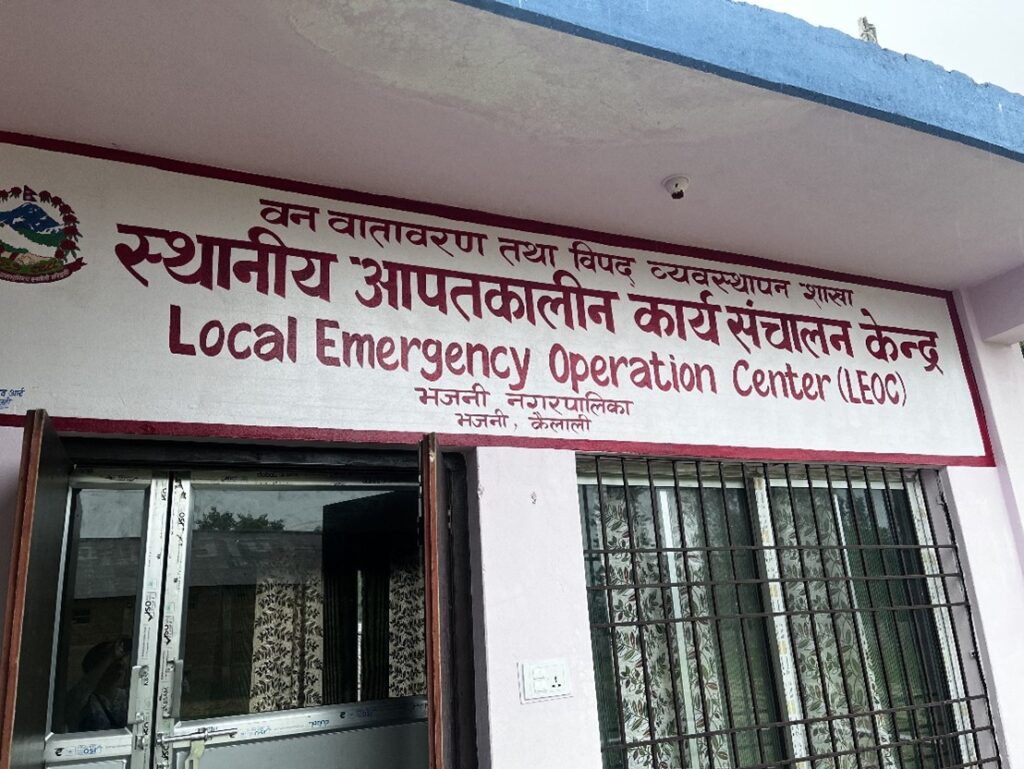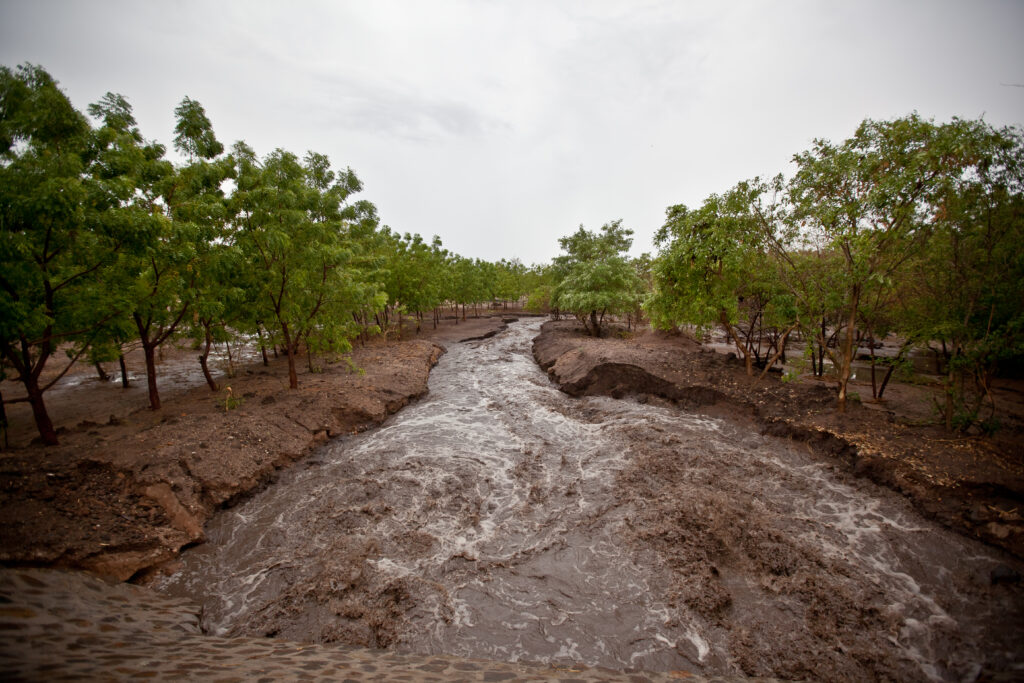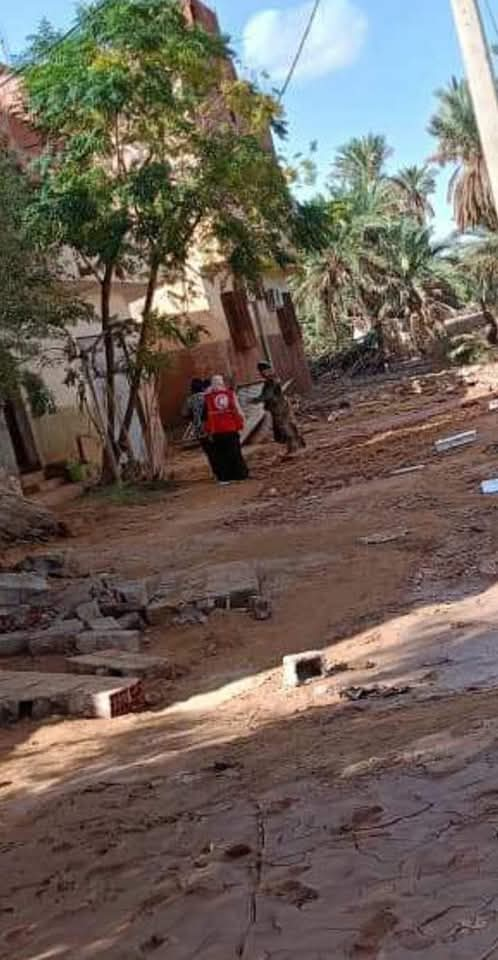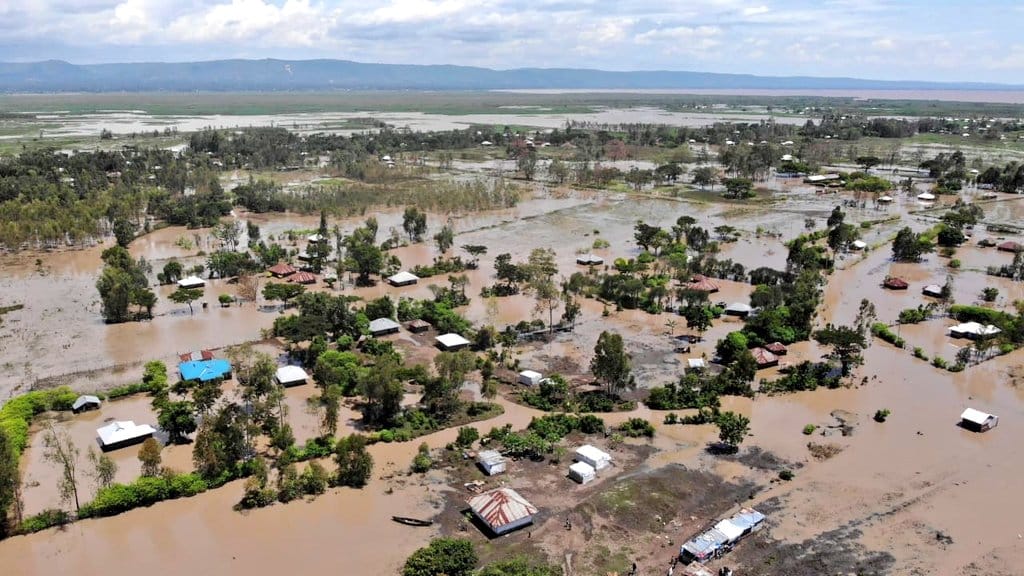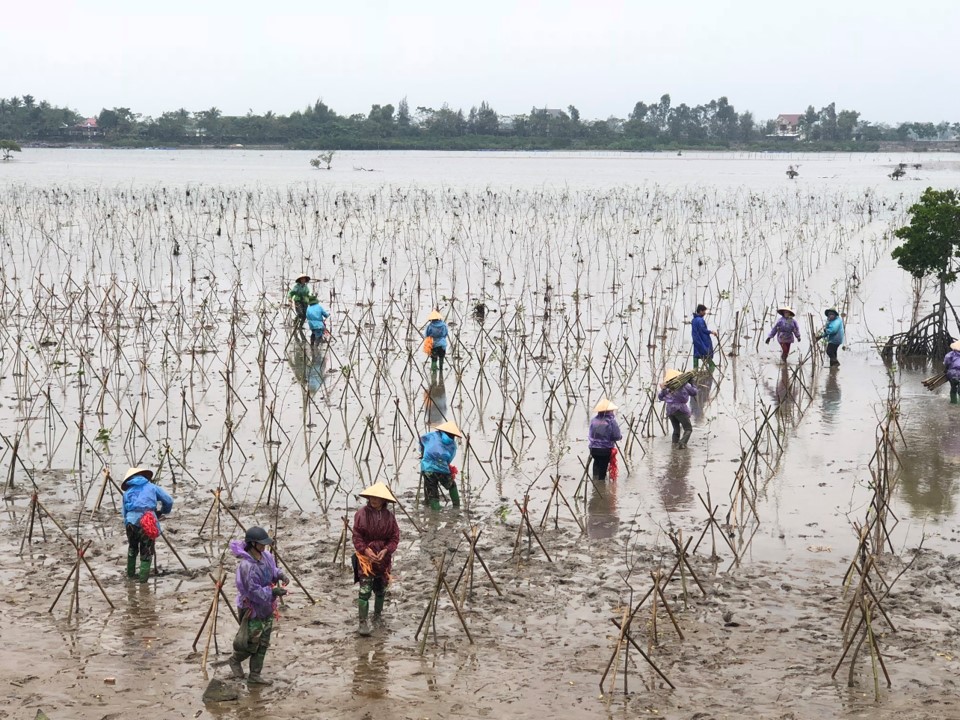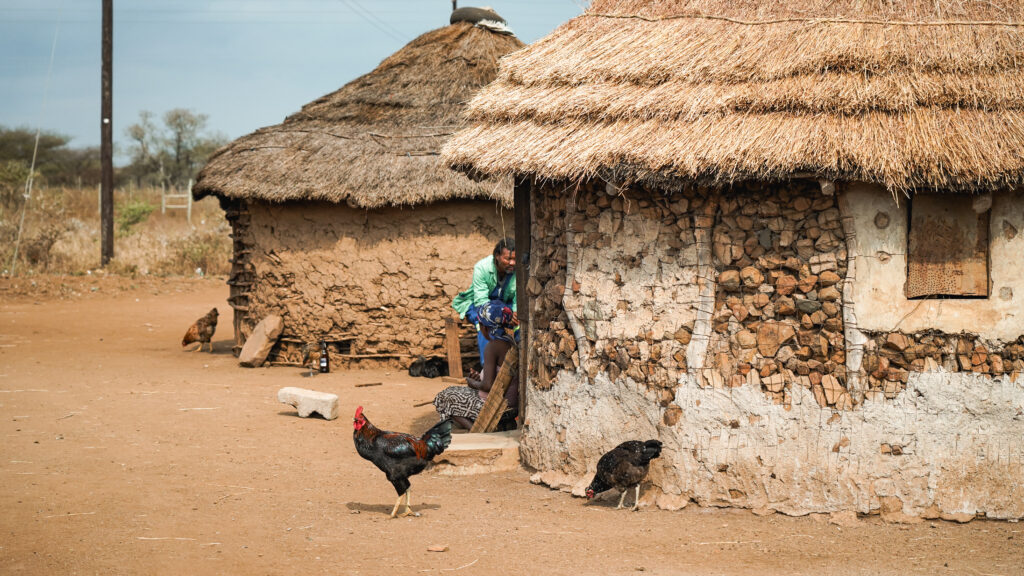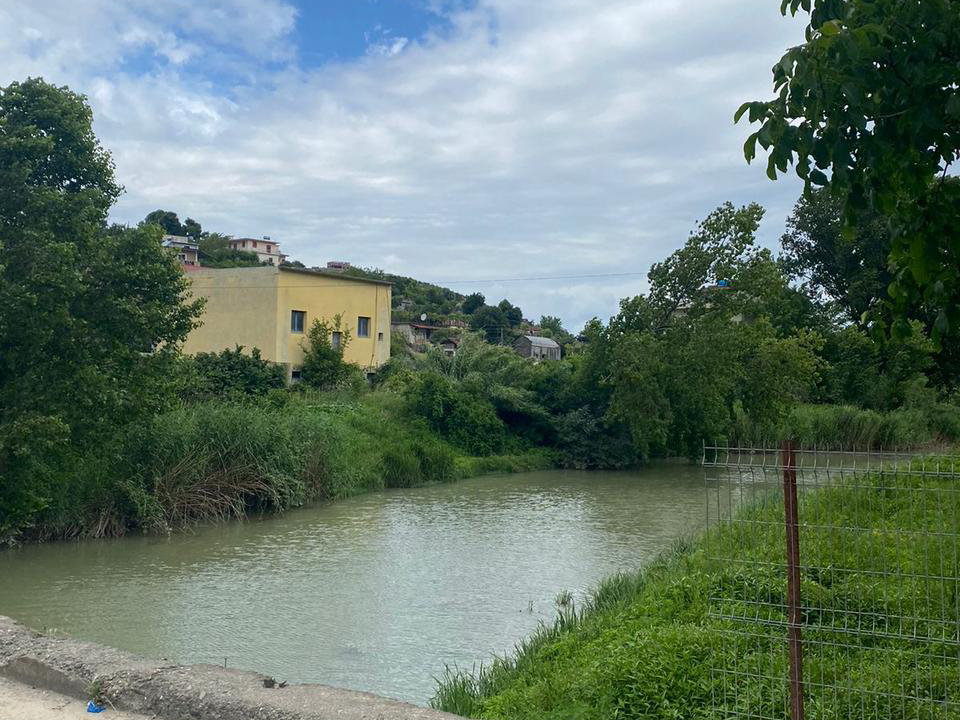The hidden power of community: Unveiling social capital’s role in Australia’s disaster resilience
Social capital – the social ties and connections between people and communities – is a crucial component of disaster resilience. But evidence that demonstrates the economic benefit of investing in social capital has been anecdotal and primarily qualitative, with an absence of empirical and quantitative evidence. This has meant it can be difficult for governments […]

